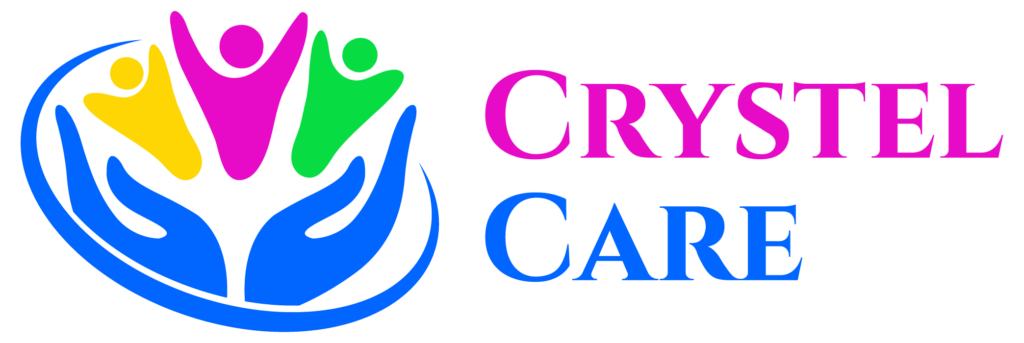Speech Therapy is the assessment and treatment of communication problems and speech disorders. It is performed by Speech-Language Pathologists (SLPs), which are often referred to as Speech Therapists. Speech Therapy techniques are used to improve communication.
Speech Therapy provides treatment and support for people experiencing speech disorders and communication problems. This approach is useful for treating several issues in both children and adults. Speech is the expression of thoughts using articulate sounds. A speech disorder is an issue that prevents a person from communicating using spoken words.
Speech Therapy is treatment that improves your ability to talk and use other language skills. It helps you express your thoughts and understand what other people are saying to you. It can also improve skills like your memory and ability to solve problems. You’ll work with a Speech Therapist to find exercises and treatments that address your specific needs. Some people need help talking and communicating. Others need Speech Therapy to process and understand language better.
Speech Therapy can help you improve your:
A Speech Therapist will work with the client to address specific issues. Speech Therapists will formulate a treatment plan based on the clients individual needs and goals. The first step is to obtain a history of the clients medical, personal, developmental and social background and identify any main areas of concern. Key stakeholders are involved in therapy to assist them to apply learned skills and strategies in their daily routine and provide ongoing support and encouragement. Depending on the client's needs and communication issues, Speech Therapy often involves being taught correct syllables and sounds, promoting language development and vocabulary, or teaching proper grammar. Speech Therapists can also improve social skills and interactions by modelling appropriate behaviours and interpretation of facial expressions, gestures and body language. In people with dysphagia or problems eating or drinking, Speech Therapists may also use oral and facial exercises (e.g. massage or lip or tongue exercises) to bolster mouth muscles to improve swallowing, drinking and eating.
After the Service Agreement and Consent Forms have been signed, a Speech Therapist will be assigned and will contact the client or the client's representative to coordinate a time to get to know the client and complete an Initial Assessment.
The nextstep is a Speech Assessment or Evaluation. The Speech Therapist will determine whether the client will need Speech Therapy and what techniques would benefit the client. The Speech Therapist therapist will then create a plan to ensure that the optimum results are obtained by the client.
An Individualised or Personalised plan is the next step after the Speech Therapist thoroughly assesses the client. By understanding the client’s strengths and weaknesses, the Therapist will develop a unique schedule. The Speech Therapy plan they create will serve as a roadmap and help the client to work towards their goals.
After the plan is finalised and goals are decided, the Speech Therapy sessions follow the agreed plan. Speech Therapy sessions last between 30 to 60 minutes and are organised by the Speech Therapist and the client.
Miraculous results can be achieved if the Speech Therapist and client bond well. Furthermore, what is more important is the support rendered by the client’s family/caregivers in developing their communications skills at home by following the Speech Therapy techniques taught by the therapist. This simply means that the client, their family, and the Speech Therapist must work together.
